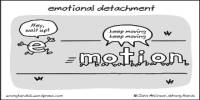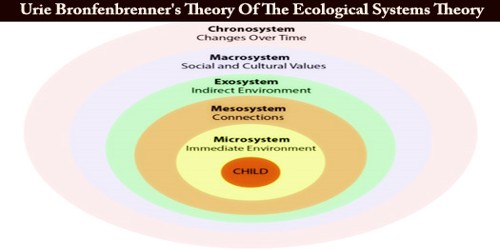The salivary levels of the stress hormone cortisol showed that women who were encouraged to embrace their love partner before going through a stressful encounter had a lower biological stress response than women who did not. Men were not affected by this phenomenon.
Gesa Berretz of Ruhr University Bochum, Germany, and colleagues present these findings in the open-access journal PLOS ONE on May 18, 2022.
In some settings, social touch may buffer against stress. Past studies have demonstrated that women’s stress levels can be decreased by massages, hand-holding and affectionate conversation during embraces, and embraces alone. Few research, meanwhile, have looked into these effects in men or the impact of quick embraces on their own.
Berretz and colleagues examined 76 individuals who were in romantic relationships to investigate potential stress-reducing effects of embracing. In a test designed to induce stress, each subject was required to keep one hand submerged in ice water for three minutes while being watched and making eye contact with a camera.
As a woman, hugging your romantic partner can prevent the acute stress response of your body.
Gesa Berretz
Before the test, half of the couples received instructions to embrace, while the other half did not. Prior to and following the experiment, the researchers evaluated a number of stress-related markers, including the participants’ salivary cortisol levels.
According to statistical analysis, women who hugged their boyfriend experienced a lower cortisol reaction to the stress test than women who did not. However, no correlations between embracing and the cortisol response brought on by stress were found in men. Other stress indicators, such as changes in blood pressure and mental state, failed to link partner embracing to stress.
These findings imply that a brief physical contact with a romantic partner may afterwards lessen the cortisol response in women going through demanding social events like exams, interviews, or presentations. If this benefit applies to embraces with platonic friends, further study may be necessary to determine.
The authors also call for research into related effects of the COVID-19 pandemic. Such research might examine if social constraints that discouraged social interaction may be related to the pandemic’s reported rises in stress and despair.
The authors add: “As a woman, hugging your romantic partner can prevent the acute stress response of your body.”
















